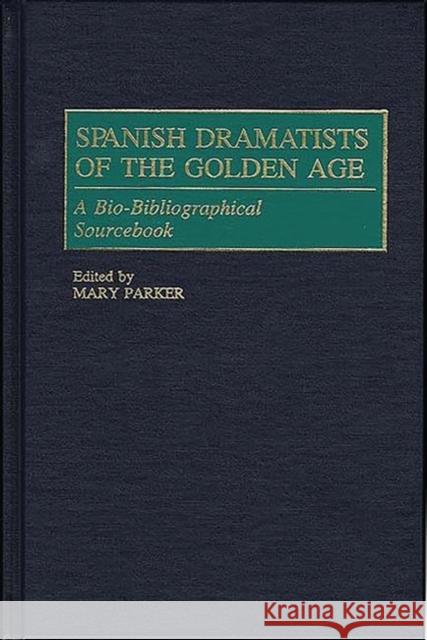Spanish Dramatists of the Golden Age: A Bio-Bibliographical Sourcebook » książka
Spanish Dramatists of the Golden Age: A Bio-Bibliographical Sourcebook
ISBN-13: 9780313288937 / Angielski / Twarda / 1998 / 296 str.
The Golden Age of Spanish drama extends from the close of the 15th century to the death of Calderon in 1681. During that time, the humanists, as dramatists, followed Italy's artistic awakening direction, and imitated Classical drama. With originality and dreams of greatness, they subverted the nature of tragedy; modified the approach of Comedy and invented the New Play, the "Comedia Nueva." In it the poet-dramatists introduced important modificaitons of realism, included imagined reality, Christian symbolism and theatricality, as artistic truth. They elaborate all kinds of syntheses. For this reason, the Spanish Golden Age theater can be viewed as part of a tradition that includes the Greco-Roman comedy and tragedy, Christian tragedy, and the authentic national literary and dramatic tendencies.
The entries in this reference book explore the fascinating history of the Golden Age of Spanish drama. The volume begins with an introductory overview of the literary, cultural, and historical contexts that shaped dramatic writing of the period. The book then presents alphabetically arranged essays for nineteen significant Spanish dramatists of the Golden Age. Each essay is written by an expert contributor and includes biographical information, an analysis and evaluation of major works, a discussion of critical response to the plays, and an extensive bibliography of primary and secondary sources. The volume closes with a selected general bibliography of central critical studies of Golden Age Spanish drama."











